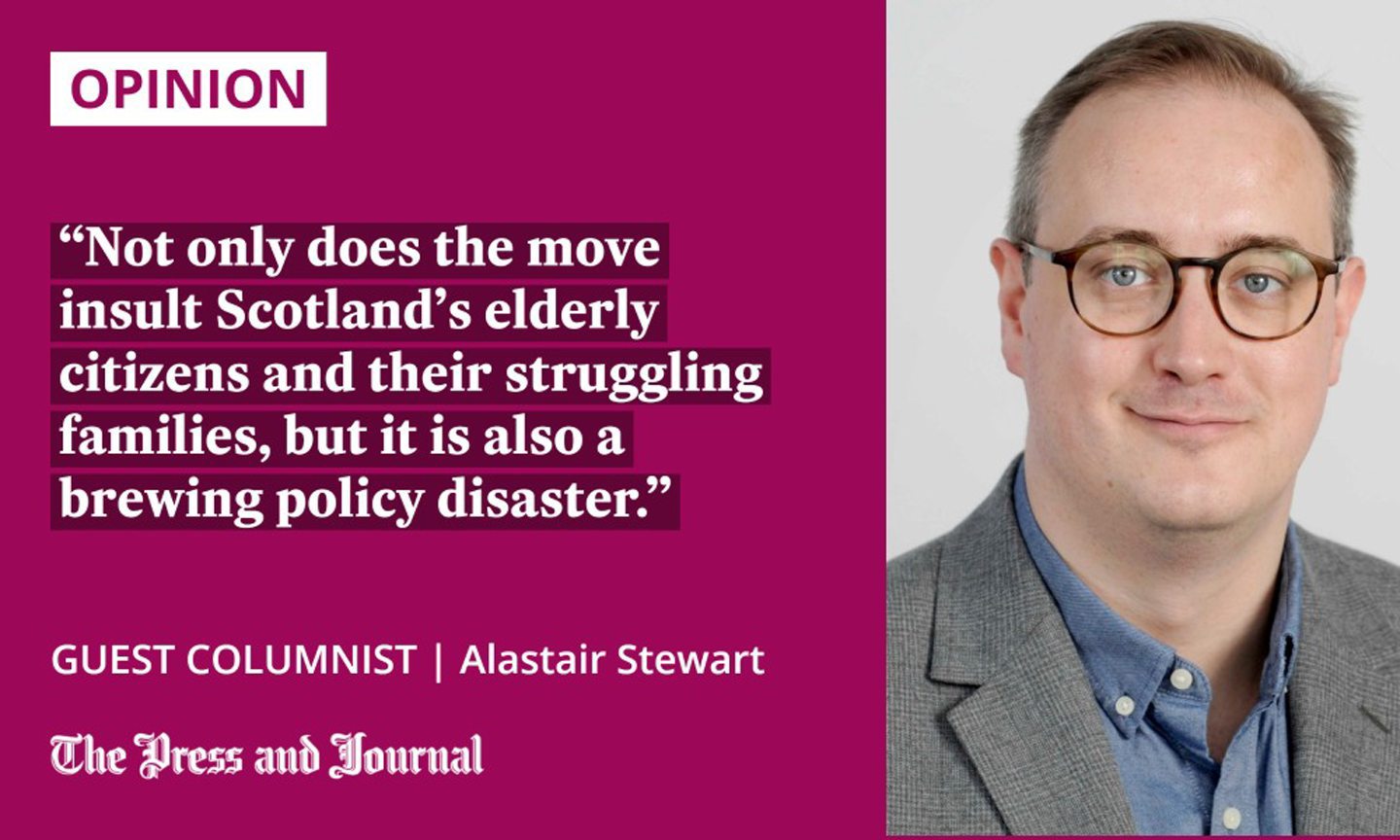Humza Yousaf’s inaugural decision as first minister was to ditch a dedicated minister for older people. Not only does the move insult Scotland’s elderly citizens and their struggling families, but it is also a brewing policy disaster.
Nicola Sturgeon’s creation of a minister for equalities and older people in 2018 was a prescient move: the number of people aged 65 and over is projected to grow by nearly a third by mid-2045.
Health, protection and provision for our older adults affects every policy portfolio in Scottish politics. Older people are innately vulnerable to crime, isolation, neglect, abuse and extortion. A dedicated minister must be restored to serve as a cross-department lightning rod to get a handle on a spiralling catastrophe.
Hospital discharge delays due to a lack of community care packages across Scotland’s local authorities are endemic. Private care homes have waiting lists, and council-run homes often cannot provide the level of care required for complex needs like dementia.
Bed-blocking is rife, standards are collapsing, and care home deaths during the pandemic have not become a national scandal demanding immediate redress.

Public Health Scotland figures note that there are 1,025 care homes in Scotland, with an estimated 29,465 long-stay older residents. The number of older residents in care homes run by local authorities has fallen by 1,269 in 10 years. Private companies now provide three out of every four care home places.
Up to 40% of care homes could be forced to close because workplace recruitment, retention and energy costs are soaring. The estimated number of admissions of long-stay residents to care homes for older people increased by 15% in 2021-22, compared to 2011-12.
Humza Yousaf must get serious about this massive crisis
Just as much as the residents themselves, families are beleaguered by waiting times, stretched staffing, and navigating the financial and practical realities of old age. The Carers Trust suggests there are over 800,000 unpaid carers in Scotland.
Nearly 1,000 people become unpaid carers every day in this country. The Scottish Government itself notes that the value of unpaid care provided by carers in Scotland is £12.8 billion per year.
Plans to transfer social care responsibility from local authorities to a new, national system do not resolve the fundamental flaws in social care
The enormous sadness of seeing loved ones deteriorate is matched by the massive trauma of selling family homes to fund a crumbling system. And, without a robust safety net, the most vulnerable may well be at risk in their homes. A poll by Hourglass found that there were over 225,000 older victims of abuse in Scotland in 2020.
The Scottish Trades Union Congress has already warned that the Scottish Government’s proposed national care service could be “a bit of disaster”. Plans to transfer social care responsibility from local authorities to a new, national system overseen by ministers do not resolve the fundamental flaws in social care.
If the new first minister is serious about addressing this massive crisis, he must reverse his decision and reinstate a dedicated and named minister for older people role within Holyrood.
Alastair Stewart is a freelance writer and public affairs consultant

Conversation